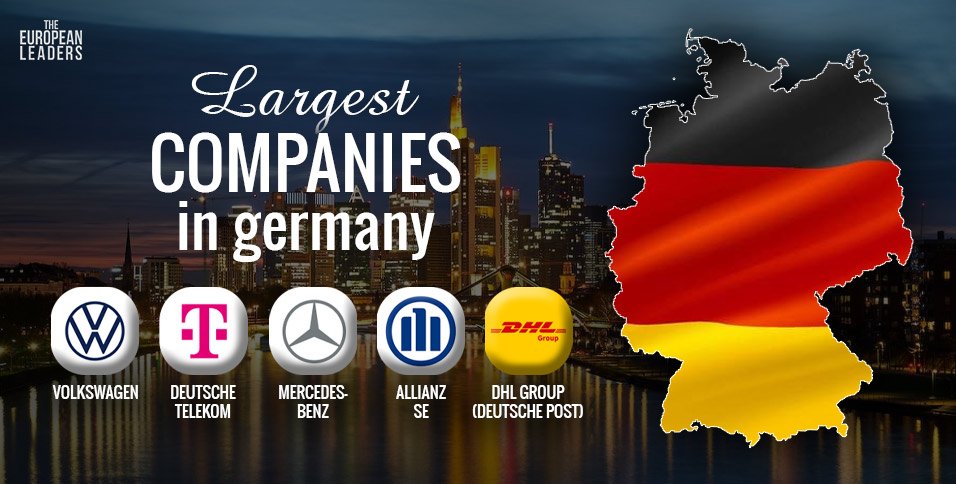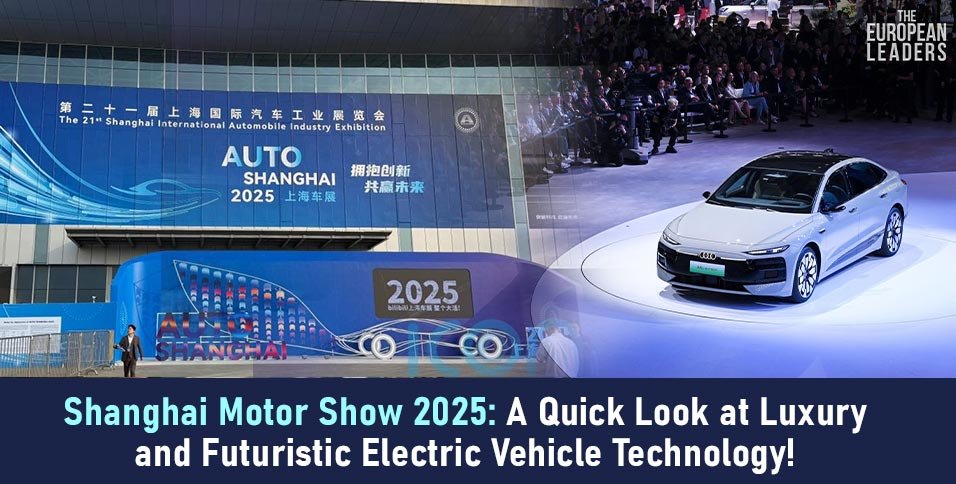The European Leaders
11 November 2024
Cheshire – A shocking decision from a luxury car brand has stunned the market again. It has raised concerns across the globe. Bentley EV Plan Delay amid the growing demand for carbon-neutral vehicles has confirmed the European automobile industry crisis.
However, the plan for its first fully electric car by 2026 is still moving according to its schedule. So, why has the EV plan been delayed?
European Luxury Car Market Status in 2024
Before we dive deep into the Bentley EV plan delay, we must understand what’s going on in the European luxury car market. It is very important to understand the market insights because, months ago, Volvo too postponed the plan to fully electrify its cars by 2030.
The European luxury car market, valued at about $157.3 billion, is expected to reach $229.25 billion within five years, growing at a CAGR of 9%.
European buyers, especially in the luxury segment, are increasingly favoring SUVs over traditional models, reflecting a trend toward spacious, versatile vehicles. In electric vehicles (EVs), interest remains steady; however, luxury BEV sales growth has slowed slightly, with a shift from 22% growth in 2022 to 19% in 2023.
Why is Bentley EV Plan Delay?
Bentley Motors recently extended its EV transition goal from 2030 to 2035, revising its “Beyond100” strategy to “Beyond100+” amidst slower-than-expected EV sales across the luxury market.
This delay, driven by market realities and consumer preferences, will see Bentley focusing on plug-in hybrid electric vehicles (PHEVs) until 2035, while still planning to release its first fully electric SUV in 2026.
Key Details of the Delay:
- New Timeline: Bentley’s fully electric lineup target has shifted to 2035.
- Focus on Hybrids: Until 2035, Bentley will emphasize PHEVs, including models like the Continental GT and Flying Spur.
- First EV Launch: Bentley’s first all-electric SUV is slated for 2026, marking its initial step into EVs with a focus on high-end design and performance.
Factors Influencing Bentley’s Decision
- Slow EV Adoption: Luxury EV demand has been slower than anticipated. Bentley’s CEO, Frank-Steffen Walliser, has noted limited customer interest in full EVs, prompting this strategic shift.
- Market Dynamics: Similar trends in the broader luxury market indicate a cautious approach to EV transitions.
- Technical Challenges: Software and design challenges specific to luxury standards have delayed Bentley’s EV production timeline.
- Investment Strategy: With EV sales lagging, Bentley will direct significant investments toward PHEVs to balance profitability and market demands.
- Financial Performance: A reported 23% sales decline in the first half of 2024 highlights the need for cautious financial strategies during this transitional phase.
Impact on Bentley’s Investment Plans
Bentley’s extended EV timeline influences its investment allocation, allowing more focus on hybrids. Initially planning to invest $3.4 billion by 2030, Bentley will now reallocate resources over an additional five years, maintaining hybrid models to support revenue while gradually expanding its EV lineup.
- Hybrid Focus: Investment will go towards refining PHEV offerings, aligning with current market preferences.
- Electric Model Delays: Postponing its full-electric launch to 2026 allows Bentley to release models annually, balancing BEV and PHEV offerings.
- Market Adaptation: The company’s cautious approach mirrors broader luxury trends, favoring strategic, demand-driven investments.
Balancing Hybrids and EVs Towards Carbon Neutrality
Bentley aims to offer a mix of PHEVs and BEVs by 2026, transitioning to a fully electric lineup by 2030, aligning with its goal of carbon neutrality by 2030.
- Hybrid Production: Continued hybrid offerings post-2030 bridge the transition for customers hesitant to switch to full EVs.
- Sustainable Materials: Bentley integrates eco-friendly materials, like textiles from wine-making by-products and sustainable wood, in line with its environmental goals.
- Carbon Neutral Operations: Bentley’s Crewe facility is already carbon neutral, and the company is committed to reducing energy use and emissions throughout its operations.
Final Thoughts on Bentley EV Plan Delay
Bentley’s revised strategy reflects a thoughtful approach to EV transition within a luxury market facing shifting demands and technical complexities. With a strong focus on PHEVs, sustainable materials, and operational sustainability, Bentley aims to balance profitability and customer preferences while aligning with its carbon neutrality objectives for 2030.
In the end, we can say that only time will tell how well-calculated the Bentley EV plan delay was!








